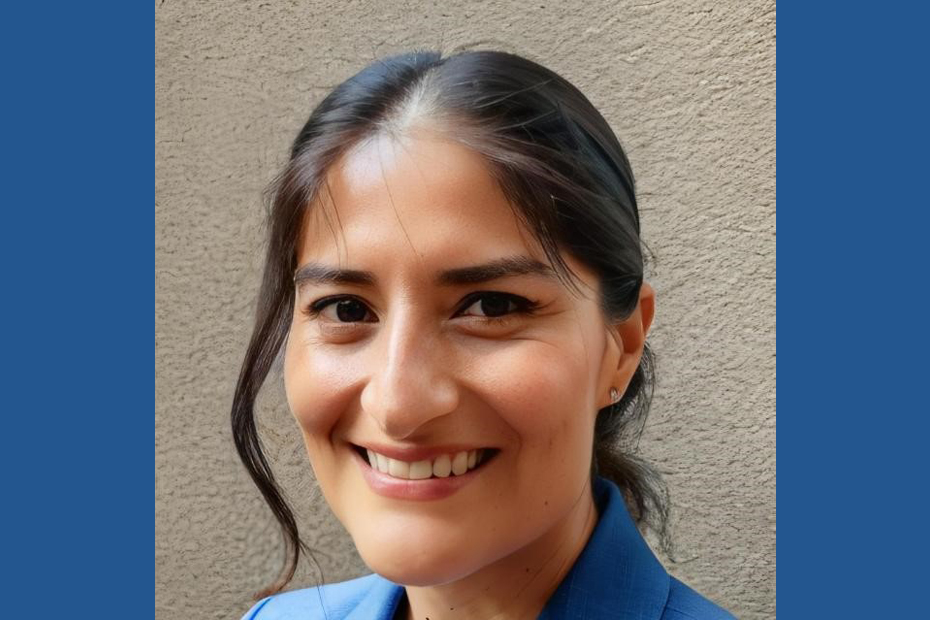Maria Jose Mendieta successfully defended her thesis on 13 December 2023

Maria Jose Mendieta’s dissertation entitled “Feasibility of an integrated care model for home-dwelling older adults: the INSPIRE care model” is part of the INSPIRE (ImplemeNtation of a community-baSed care Program for home dwelling senIoR citizEns) Project, an implementation science project implemented in Canton Basel-Landschaft.
The overall goal of the dissertation was to assess the feasibility of an integrated care model for frail home-dwelling older adults in an information and advice center (IAC) of a care region of Canton Basel-Landschaft (BL). For achieving this goal, we initially sought a deeper understanding of the population who can benefit from integrated care. Consequently, we commenced by investigating the prevalence and factors associated with the presence of perceived unmet needs for home-support in home-dwelling older adults. Utilizing secondary data from the INSPIRE population survey conducted among individuals aged 75 years and above in Canton BL, our study revealed a relatively low prevalence of unmet needs for home support. Nevertheless, our study findings also highlighted the role of socio-economical inequality in the perception of unmet needs for home support in home-dwelling older adults.
As a second step, and recognizing the importance of reaching home-dwelling older adults who can benefit from integrated care we dedicated efforts to systematically identify implementation strategies aimed at improving the reach of this population. Bundles of strategies were identified and utilized to enhance the collaboration among community care providers, older adults, and their caregivers in referring older adults to the IAC. Our results highlighted a lack of fidelity in the delivery of these strategies, ultimately negatively impacting the reach of the target population. It is imperative to dedicate more efforts to building trust relationships with community care providers for effectively reaching home-dwelling older adults.
As a third step, we assessed the feasibility of implementing an integrated care model (the INSPIRE care model) in an IAC of a care region of Canton BL. To achieve this goal, we evaluated the acceptability, feasibility, fidelity, and reach of the intervention. The results revealed a limited reach of the care model, alongside generally positive perceptions of acceptability and feasibility among recipients. Nonetheless, our findings underscored the crucial role of collaboration with community care providers for the successful implementation of integrated care in community settings.
This dissertation underscores the significance of employing implementation science methods for evaluating integrated care models, as they provide insights into the intricacies of implementing integrated care in real-world settings. Establishing collaborations with community care providers, engaging with organizations boasting extensive community experience, and relying on effective leadership are pivotal factors for the successful implementation of integrated care.
